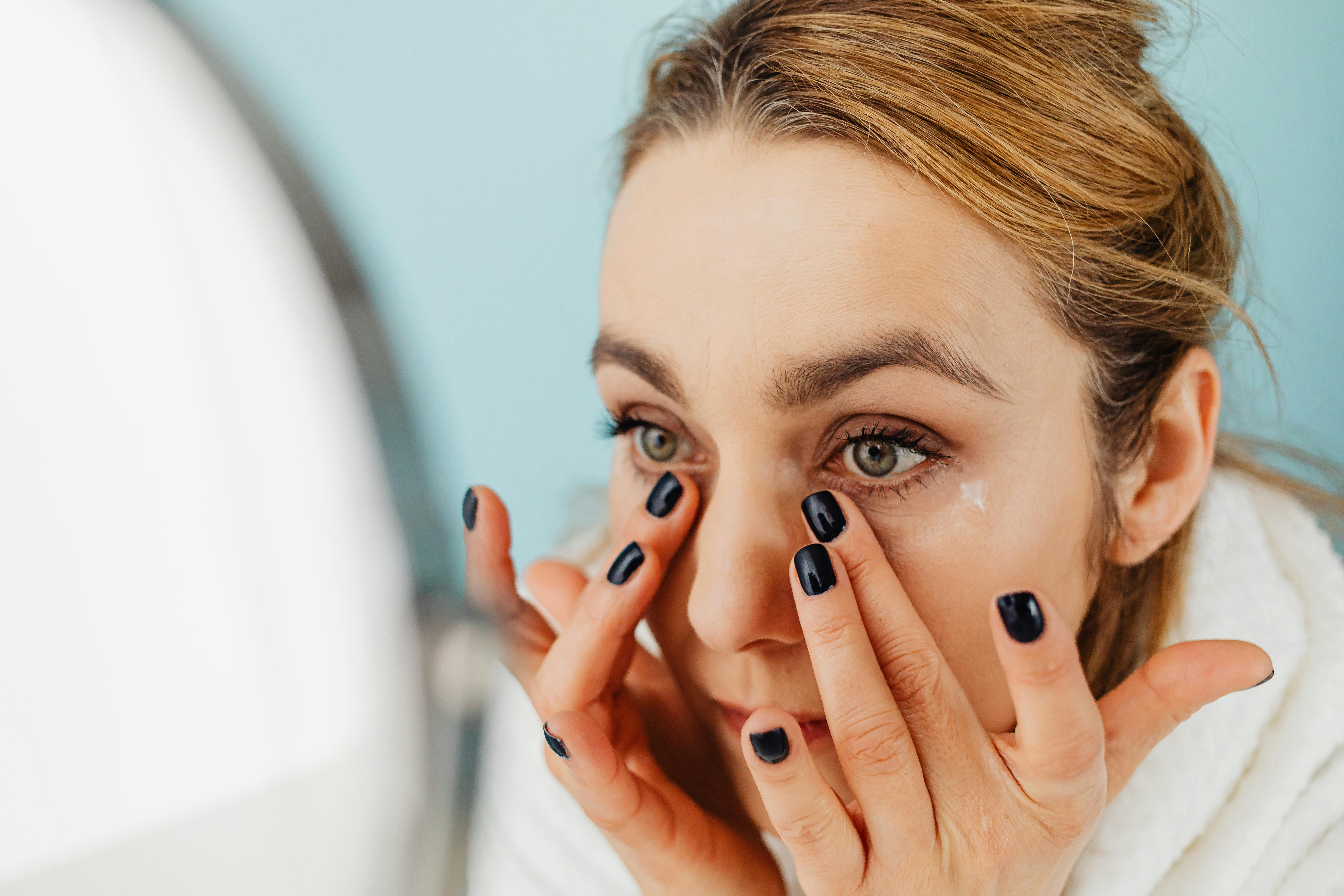Understanding Zinc Pyrithione: Its Role in Treating Acne Conditions
Explore the power of zinc pyrithione for tackling fungal acne and skin woes. This antifungal and antibacterial agent could be a game-changer for your beauty regimen, but remember to consult a dermatologist before use.
Known as pyrithione zinc, this topical form of zinc is often employed in shampoos to combat dandruff, but you may find it popping up as an acne treatment too.
Thanks to its ability to banish fungus and bacteria, zinc pyrithione might aid in treating fungal acne. It's important to note that there's little evidence suggesting it can target other types of acne.
Let's break down what you can expect from using zinc pyrithione for acne and other skin issues:
How Zinc Pyrithione Works its Magic
Research shows zinc pyrithione boasts antibacterial, antimicrobial, and antifungal properties, which means it can help prevent bacteria, microbes, and fungus from causing mischief on your skin. This versatility makes it a popular choice for treating dandruff and even conditions like eczema and psoriasis.
The antifungal properties of zinc pyrithione are particularly notable as they help prevent unwanted yeast growth, which causes dandruff. In addition to shampoos, you'll find it in face washes and moisturizers too.
Zinc pyrithione's primary claim to fame lies in its ability to stop fungal growth. However, some research suggests it may also help decrease oil production, thus reducing the risk of clogged pores and pimples. Its antimicrobial properties might also help combat inflammation and irritation that can exacerbate breakouts.
Zinc Pyrithione: A Skin Saver for Acne and More
If you're battling fungal acne, zinc pyrithione may offer the following benefits:
- Fungus Fighter: Zinc pyrithione's antifungal properties make it a powerful tool against fungal acne.
- Inflammation Reducer: Its antimicrobial properties might aid in reducing inflammation and combat bacteria, both of which can worsen pimples.
- Less Oil Production: Research from 2013 suggests that topical zinc may help decrease oil production, which may help lower the risk of clogged pores and pimples.
- Eczema and Psoriasis Treatment: If you're struggling with dry, inflamed skin due to eczema or psoriasis, zinc pyrithione has proven benefits. A 2014 study highlighted the utility of using 2.5% zinc pyrithione twice daily in treating plaque psoriasis. Some research from 2021 also suggests it may be an effective eczema treatment.
Using Zinc Pyrithione to Combat Fungal Acne and Skin Issues
Since zinc pyrithione isn't a proven acne treatment, you'll find other forms of zinc, like zinc sulfate, in such products. However, you might benefit from using zinc pyrithione creams, cleansers, and shampoos to help treat fungal acne or inflamed skin caused by seborrheic dermatitis. Here's how to use different zinc pyrithione products:
Zinc Pyrithione Cream
These topicals are available in various forms, including pastes, creams, and gels. They're usually marketed for treating conditions like seborrheic dermatitis. With a dermatologist's go-ahead, you can apply these creams directly to the affected area following the instructions provided.
Zinc Pyrithione Shampoo
Zinc pyrithione is an active ingredient in many dandruff shampoos, helping to prevent yeast and fungus that lead to flakes. If you're dealing with fungal acne, your dermatologist may suggest using a dandruff shampoo containing zinc pyrithione and other fungus fighters as a topical treatment. Basically, wash your face or body with the shampoo like your regular cleanser, making sure not to get it in your eyes.
Zinc Pyrithione Face Wash
Zinc pyrithione face washes are typically marketed for treating seborrheic dermatitis, but they may also help with fungal acne. The National Eczema Foundation recommends using a cleanser with 2% zinc pyrithione followed by a moisturizer every day to help manage seborrheic dermatitis.
Zinc Pyrithione Side Effects and Risks
Zinc pyrithione has been used safely in concentrations of 1 to 2 percent for treating dandruff. However, it can cause unwanted side effects like dryness, skin peeling, and erythema (a red, inflamed skin rash). There is limited research on its safety during pregnancy, so pregnant individuals should consult a healthcare professional before using topical zinc.
In conclusion, while zinc pyrithione is a trusted dandruff treatment, its effectiveness in treating acne is still under investigation. However, its antifungal, antimicrobial, and antibacterial properties make it useful for fungal acne and other inflammatory skin conditions. Consult a dermatologist before trying zinc pyrithione to treat your acne, and they can help you determine the underlying cause and the best treatment options.
Zinc pyrithione, a topical form of zinc, is not only found in shampoos to combat dandruff but also in skincare products as an acne treatment. Research suggests its antibacterial, antimicrobial, and antifungal properties might aid in treating fungal acne, reducing inflammation, decreasing oil production, and even helping with eczema and psoriasis. Incorporating zinc pyrithione products like creams, shampoos, and face washes into your skincare routine under a dermatologist's guidance could bring benefits for tackling fungal acne and skin issues, thanks to its versatile benefits.




